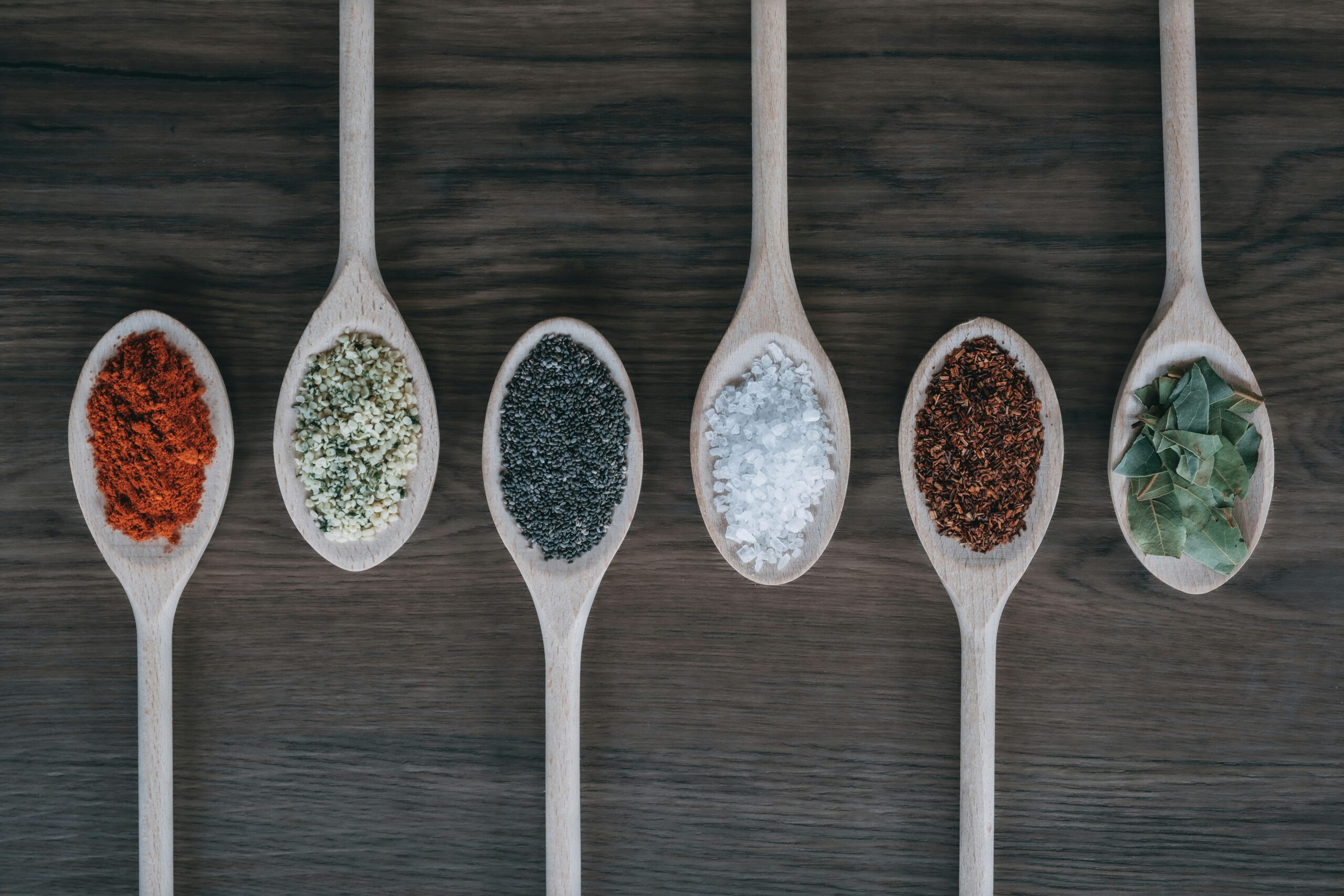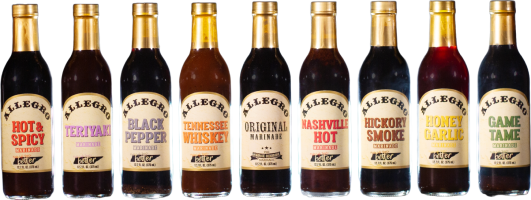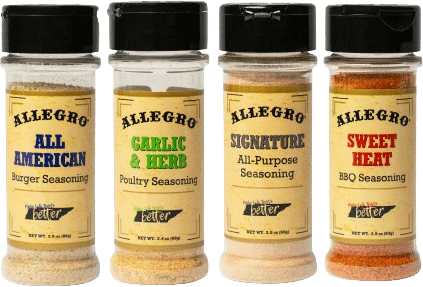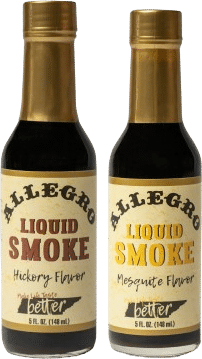Seasoning for Different Cooking Methods: Adjusting Spices for Grilling, Roasting, and Sautéing

Ever wondered why your favorite spice blend tastes amazing in one dish but falls flat in another? The secret lies in understanding how different cooking methods impact the release and intensity of flavors. Mastering seasoning for different cooking methods is the key to unlocking the full potential of your ingredients. Whether you’re firing up the grill, roasting vegetables, or quickly sautéing a stir-fry, adjusting your spices is crucial.
Let’s dive into the nuances of adjusting spices for grilling, how to season for roasting, and seasoning tips for sautéing.
Grilling: Embracing the Blaze
Grilling, with its intense direct heat, demands robust flavors that can stand up to the char. Enhancing flavor for grilling requires a thoughtful approach.
- Best spices for grilling: Think bold and smoky. Coarse black pepper, chili powder, cumin, paprika (especially smoked), and garlic powder are your friends. For a pre-made blend that delivers a fantastic sweet and spicy kick, consider using Allegro Sweet Heat Seasoning.
- Grilling spice tips:
- Dry rubs are ideal. They create a flavorful crust and protect the meat from drying out.
- Apply spices generously, as some flavor will be lost to the intense heat.
- Consider marinating with Allegro marinades for deeper flavor penetration.
- Consider adding sugar or brown sugar to your rubs, it will caramelize and add a sweet note, but be careful as it can burn.
- Adjusting spices for grilling: Coarsely ground spices release their flavors more slowly, making them perfect for the longer cooking times of grilling.
Roasting: Deep, Concentrated Flavors
Roasting, with its gentle, consistent heat, allows flavors to meld and deepen. How to season for roasting involves building layers of flavor that develop over time.
- Spice blends for roasting: Consider blends like Italian seasoning, herbes de Provence, or a simple mix of salt, pepper, and garlic. For pre-made blends that enhance roasted dishes, try Allegro Garlic & Herb Seasoning for a classic flavor profile or Allegro All-American Seasoning for a versatile, savory option.
- Roasting with herbs and spices:
- Whole herbs like rosemary and thyme release their oils slowly, infusing the entire dish with their aroma.
- How to season roasted vegetables: Toss vegetables with olive oil and spices before roasting to ensure even coating. Root vegetables like carrots and potatoes benefit from hearty spices like paprika and curry powder.
- Add citrus zest to your spice blend, it will add a bright note to the dish.
- How to season for roasting:
- For meats, consider inserting garlic cloves or herb sprigs directly into the flesh.
- Season throughout the cooking process. A light dusting of salt and pepper towards the end can enhance the final flavors.
Sautéing: Quick and Flavorful
Sautéing, with its quick cooking time and high heat, requires finely ground spices that release their flavors rapidly. Sauté seasoning techniques are all about speed and precision.
- Spices for sautéed dishes: Finely ground spices like ginger, garlic, turmeric, and ground pepper work well. For a balanced, all-purpose seasoning that’s perfect for sautéing, consider Allegro Signature Seasoning.
- Sauté seasoning techniques:
- Add spices towards the end of the cooking process to prevent them from burning.
- For stir-fries, create a sauce with spices, soy sauce, and other liquids to coat the ingredients evenly.
- Fresh herbs like parsley, cilantro, and basil add a burst of freshness when added at the very end.
- Seasoning tips for sautéing:
- Use a combination of aromatics (like garlic and ginger) and spices to build layers of flavor quickly.
- Do not overcrowd the pan. Overcrowding the pan will cause the food to steam rather than sauté.
Cooking Method Seasoning Guide: Key Takeaways
- Heat: High heat calls for robust, coarsely ground spices.
- Time: Longer cooking times allow for slow-releasing flavors from whole herbs and spices.
- Preparation: Dry rubs work well for grilling, while sauces and marinades enhance sautéed dishes.
By understanding how heat, time, and preparation affect flavor, you can elevate your cooking and create dishes that are truly unforgettable. Use this cooking method seasoning guide to experiment and find your own perfect spice combinations. Happy cooking
Seasonings FAQ
Different cooking methods release and intensify flavors in unique ways. High heat (like grilling) enhances bold spices, while slow cooking (like roasting) allows flavors to meld and deepen.
Bold and smoky spices like black pepper, chili powder, cumin, smoked paprika, and garlic powder work best. Dry rubs are ideal for creating a flavorful crust.
Use coarsely ground spices, apply a dry rub instead of delicate herbs, and avoid high-sugar seasonings, which can burn quickly. Adding a marinade can help protect the surface.
Add spices towards the end to prevent burning. If using fresh herbs, add them at the very end for maximum freshness and flavor.
Start with recommended spice blends for each method, then adjust based on taste. Try combining different spices, adjusting coarseness, or layering flavors throughout cooking.








